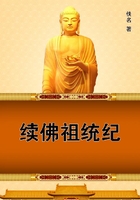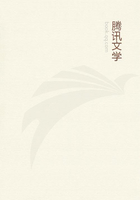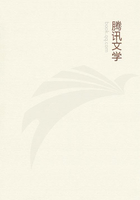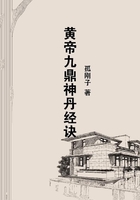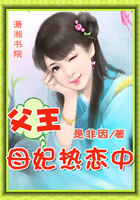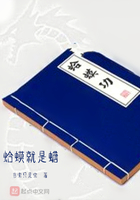The division of a critique into elementology and methodology-a division which is introductory to science-is one inapplicable to the critique of taste.For there neither is, nor can be, a science of the beautiful, and the judgement of taste is not determinable by principles.For, as to the element of science in every art -a matter which turns upon truth in the presentation of the object of the art-while this is, no doubt, the indispensable condition (conditio sine qua non) of fine art, it is not itself fine art.Fine art, therefore, has only got a manner (modus), and not a method of teaching (methodus).The master must illustrate what the pupil is to achieve and how achievement is to be attained, and the proper function of the universal rules to which he ultimately reduces his treatment is rather that of supplying a convenient text for recalling its chief moments to the pupil's mind, than of prescribing them to him.Yet, in all this, due regard must be paid to a certain ideal which art must keep in view, even though complete success ever eludes its happiest efforts.Only by exciting the pupil's imagination to conformity with a given concept, by pointing out how the expression falls short of the idea to which, as aesthetic, the concept itself fails to attain, and by means of severe criticism, is it possible to prevent his promptly looking upon the examples set before him as the prototypes of excellence, and as models for him to imitate, without submission to any higher standard or to his own critical judgement.This would result in genius being stifled, and, with it, also the freedom of the imagination in its very conformity to law-a freedom without which a fine art is not possible, nor even as much as a correct taste of one's own for estimating it.
The propaedeutic to all fine art, so far as the highest degree of its perfection is what is in view, appears to lie, not in precepts, but in the culture of the mental powers produced by a sound preparatory education in what are called the humaniora-so called, presumably, because humanity signifies, on the one hand, the universal feeling of sympathy, and, on the other, the faculty of being able to communicate universally one's inmost self-properties constituting in conjunction the befitting social spirit of mankind, in contradistinction to the narrow life of the lower animals.There was an age and there were nations in which the active impulse towards a social life regulated by laws-what converts a people into a permanent community-grappled with the huge difficulties presented by the trying problem of bringing freedom (and therefore equality also)into union with constraining force (more that of respect and dutiful submission than of fear).And such must have been the age, and such the nation, that first discovered the art of reciprocal communication of ideas between the more cultured and ruder sections of the community, and how to bridge the difference between the amplitude and refinement of the former and the natural simplicity and originality of the latter-in this way hitting upon that mean between higher culture and the modest worth of nature, that forms for taste also, as a sense common to all mankind, that true standard which no universal rules can supply.
Hardly will a later age dispense with those models.For nature will ever recede farther into the background, so that eventually, with no permanent example retained from the past, a future age would scarce be in a position to form a concept of the happy union, in one and the same people, of the law-directed constraint belonging to the highest culture, with the force and truth of a free nature sensible of its proper worth.
However, taste is, in the ultimate analysis, a critical faculty that judges of the rendering of moral ideas in terms of sense (through the intervention of a certain analogy in our reflection on both);and it is this rendering also, and the increased sensibility, founded upon it, for the feeling which these ideas evoke (termed moral sense), that are the origin of that pleasure which taste declares valid for mankind in general and not merely for the private feeling of each individual.This makes it clear that the true propaedeutic for laying the foundations of taste is the development of moral ideas and the culture of the moral feeling.For only when sensibility is brought into harmony with moral feeling can genuine taste assume a definite unchangeable form.
The End

